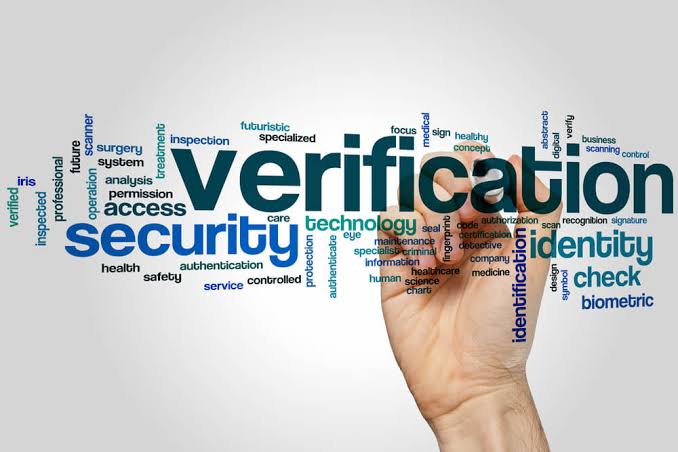As organizations and individuals have started relying on digital financial systems, identity scams have become a burgeoning issue. When the customers do not bother following the proper guidelines, it becomes convenient for fraudsters to steal personal information, permitting cybercriminals to steal billions in recent years. Therefore, identity verification has become important in scam prevention.
Identity verification is important during customer onboarding, and the process should continue throughout the consumer-business professional relationship. The ongoing monitoring of customers is significant for companies to make sure that legit customers do not become a threat to the security of the firm at any time. The financial industry is on the hit list of criminals henceforth, it requires identity verification more than any other sector.
Table of Contents
What does identity verification service mean?
Identity verification incorporates processes of authenticating claimed identity versus real identity as imposters can acquire general account data and claim to be the genuine account consumer. Without the complicated identification protocols, fraudsters can conveniently get personal and business data.
The automated identity verification methods extend from personal data such as address and social security number to more complex process like biometric identity verification system that incorporates facial and fingerprint recognition.
Types Of Identity Verification
Various types of identity verification are the following:
Knowledge-based Authentication
This kind of verification uses a customer’s personal knowledge. It relies on the formation of different safety questions. Some most common queries contain the the name of customer’s maternal grandfather and the name of their school.
Basically, this data is confidential and not even your closest family or friends have knowledge about it. However, some fraudsters have created methods to even dodge this identity verification system.
ID Document Verification
Deploying the customers’ specific identity data is another method to authenticate your digital ID. Generally, it incorporates providing your state ID or driver’s license. Some organizations with your SSN already on documents may ask you to answer for the last 4 digits of your number.
Biometric Identity Authentication
This identity verification measure is a more safe method to verify customers’ identities. These processes incorporate facial recognition, fingerprints, and iris recognition. It is the most authentic protocol because of its methods to deploy customers’ physical characteristics.
Some firms deploy a biometric selfie as another method to authenticate identity and confirm that the customer is a genuine consumer and not a fraudster.
Conventional versus Automated Identity Verification
A few years ago, when technology was not a trend and businesses used to prefer physical shops instead of having an online space, manual verification was in use. Conventional identity verification was not an authentic practice and possessed chances of error in it. However, with the arrival of digitized services businesses embraced the trend of having an online space for their brand. COVID-19 pandemic has further fueled this fire and now it would not be wrong to say that the success of any brand somewhat depends upon the social following of any organization.
Read Also; 6 Features to Check in a RAM Truck Online
Identity verification assists the age-restricted companies to offer their services to age-appropriate costumes while saving minors from becoming a victim of fraudsters’ evil acts. One of the companies that provide KYB services, Shufti Pro has recently gained $20 million in Shufti Pro funding. The investment was led by Updata Partners according to Shufti Pro news.
Customer identity verification versus authentication
Businesses perform identity verification at the time of consumer enrollment. Customer identity verification enables companies to confirm if the consumer coming to avail of their services is a real user or some fraudster. However, the process does not stop here. Just authenticating the identity at the time of onboarding does not secure the businesses. But they are required to perform ongoing customer verification to make sure they do not become a threat at any time to their consumer-busienss professional relationship.
Compliance
Following ID verification does not protect businesses from identity theft but also enables them to adhere to the regulations. Considering the fraud ratio in recent years, regulatory bodies have designed effective laws. Companies that follow these regulations, not only save themselves but also secure the consumers’ identity and their financial assets. While enjoying identity theft protection, the compliance protocols also save businesses from reputational damages in case of non-compliance.
Summing it up
Identity verification is a cornerstone for any business to seamlessly operate in this digital age. Without following the verification protocols, businesses may face synthetic identity fraud. Identity verification services not only help in digital onboarding but also assists firms to comply with regulations.


















